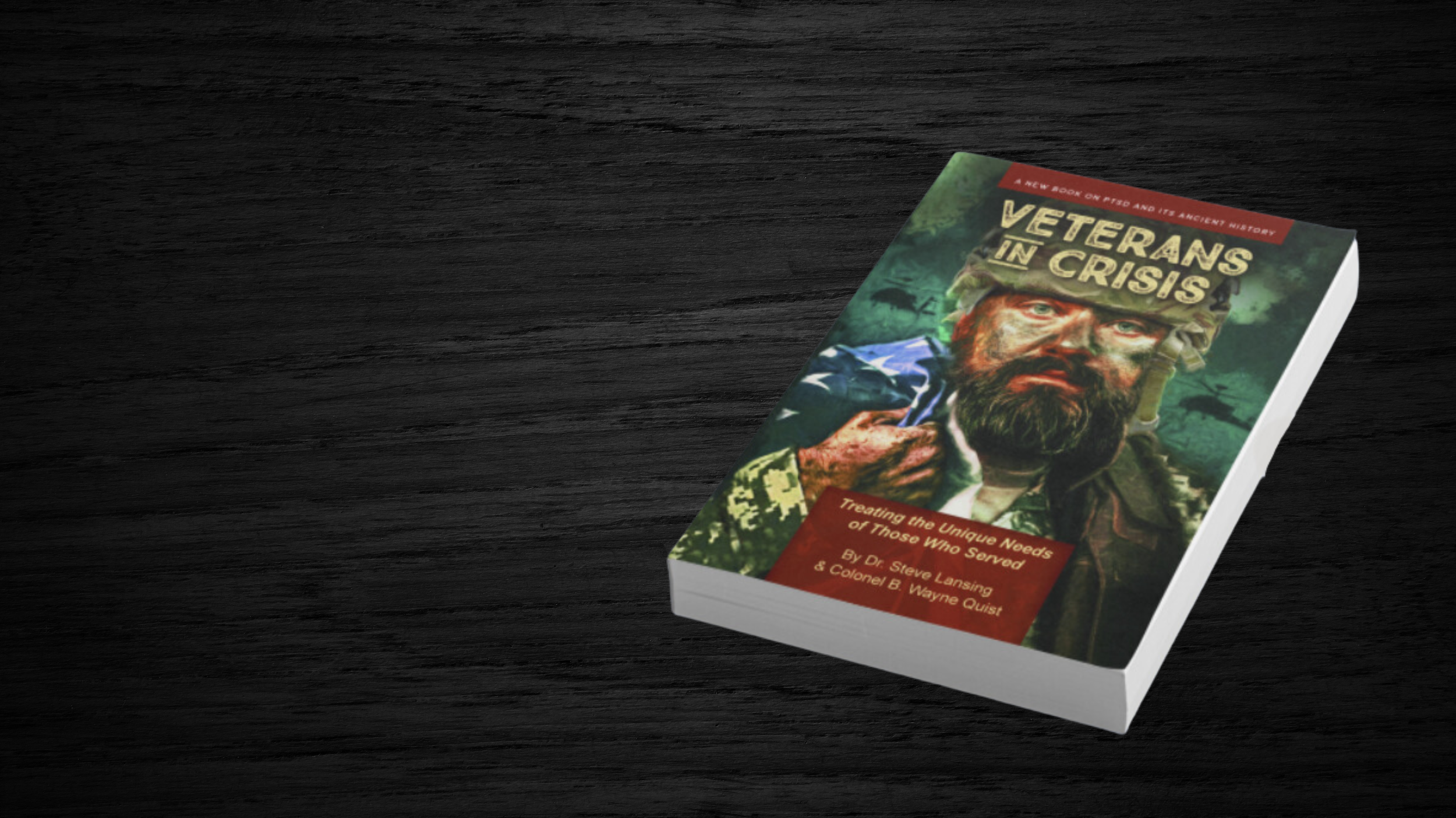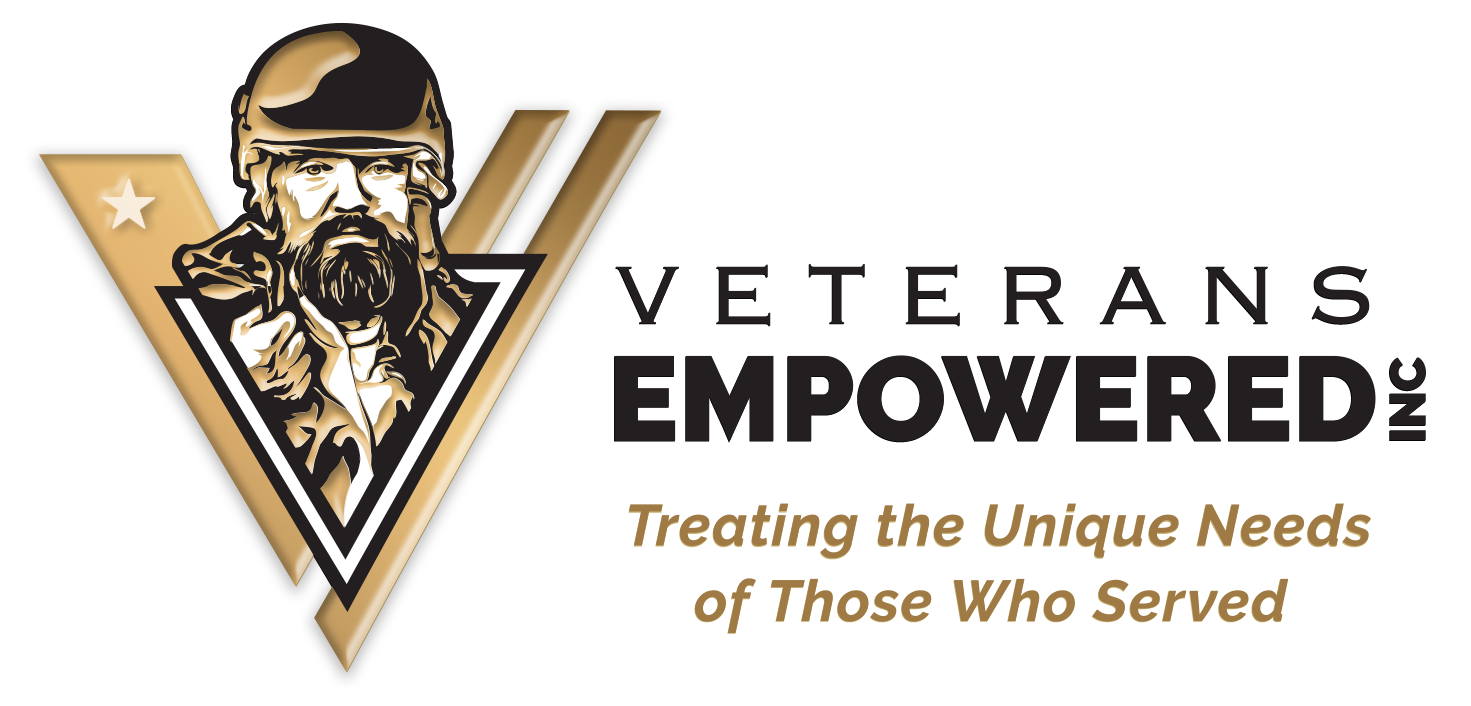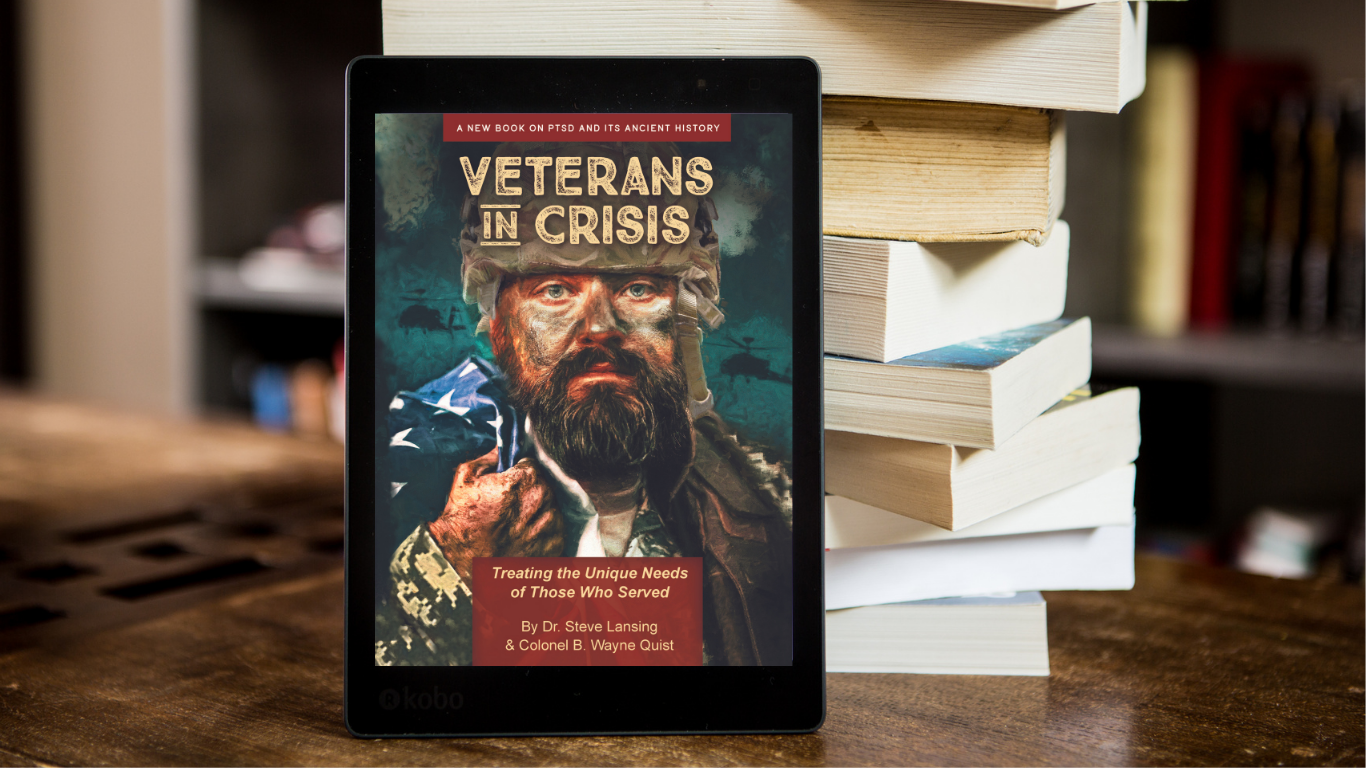
A NEW BOOK ON THE HISTORY OF PTSD
FROM ANCIENT TIMES TO THE PRESENT
Written and researched by
Dr. Steve Lansing and Colonel B. Wayne Quist
Veterans in Crisis tells a story of the devastating effects of PTSD, today and over centuries of time.
It is designed for the common soldier and is organized in three parts with many illustrations.
Part I is a simple clinical description of PTSD; Part II covers a brief history of PTSD; and Part III is an analysis of “God’s Angry Man: The Incredible Journey of Private Joe Haan,” a decorated World War II combat veteran suffering from severe PTSD.
Where to Get the Book
Paperback Book
E-book
Audiobook
‘Veterans in Crisis’ provides an overview of PTSD and its ancient roots, and briefly outlines suggested answers to haunting issues like these:
• Why you may feel the way you do.
• Why you feel that you don’t belong, that you don’t fit in.
• Why the world seems screwed up and in such a mess.
• Why life may seem to have little or no meaning or purpose.
• Ways to find the purpose you were made for.
• Is there such a thing as true freedom, or is it just more BS?
• How to get rid of feelings about the past – bad dreams, terrifying nightmares.
• How to overcome sadness with random acts of kindness daily.
• How to handle life’s pressures, even if it seems life is almost over.
• How to resist temptations when cut off from friends and family.
• How to set yourself free when hurting and lonely.
• How to overcome anger with courage by doing what is right even when it is hard to do.
• How to stop worrying and thinking of the past, wasting precious time and energy on things you cannot control.

“Knowledge Builder”
“Steve Lansing, PhD, LICSW and Colonel B. Wayne Quist, USAF Retired, both Vietnam veterans, set out to create a book to inform veterans of the nature of the disorder, illustrate its manifestations throughout recorded history, encourage them to seek professional treatment, and provide suggestions to keep from falling into an attitude of hopelessness and despair. The book is not intended as do-it-yourself therapy. It is, instead, an awareness and knowledge builder with the goal of getting the PTSD sufferer to seek professional help. The document is replete with references to resources in the community and national organizations for support in the veteran’s journey to wholeness. Having myself treated veterans with PTSD for many years in the VA, I highly recommend this book.”
— Gerald D. Otis, PhD, Las Cruces, NM



